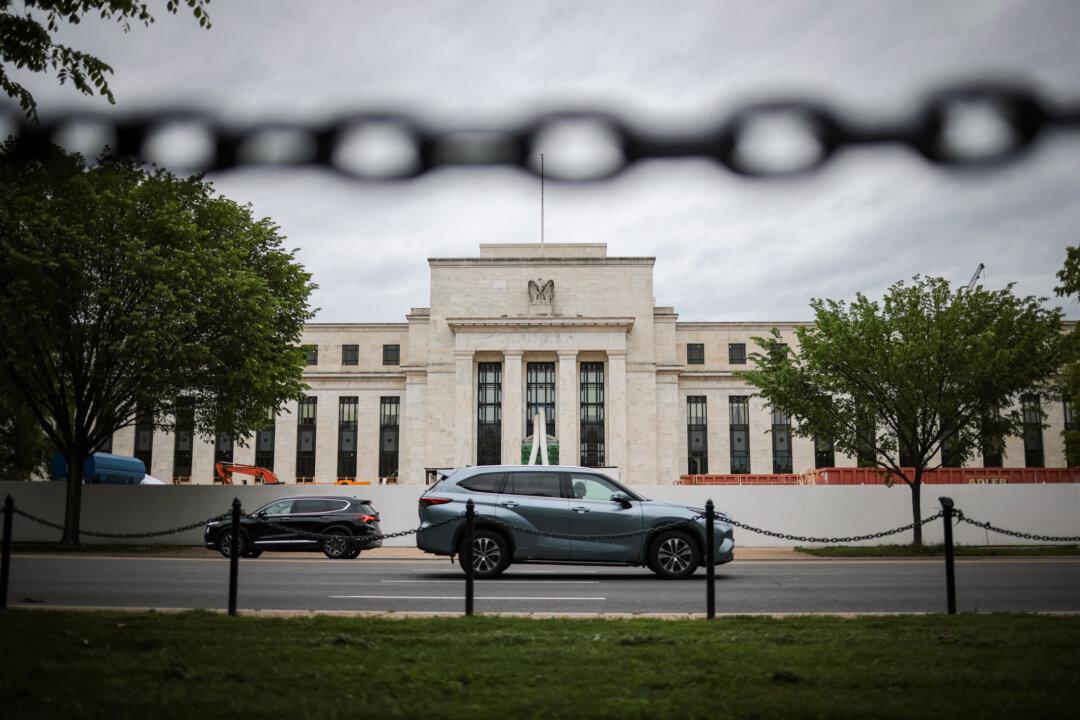Commentary
The potential U.S. debt ceiling and U.S. dollar status problems reignite the discussion of de-dollarization. The status of U.S. dollar will no doubt be firmly anchored in the financial market, which has already been discussed here previously. But the U.S. dollar share of goods trade is claimed to be jeopardized by the Chinese mouthpieces and some international bodies recently. For foreigners, one camp expresses this openly to please the Chinese Communist Party for more business. Another camp might have this thought based on recent observations.





